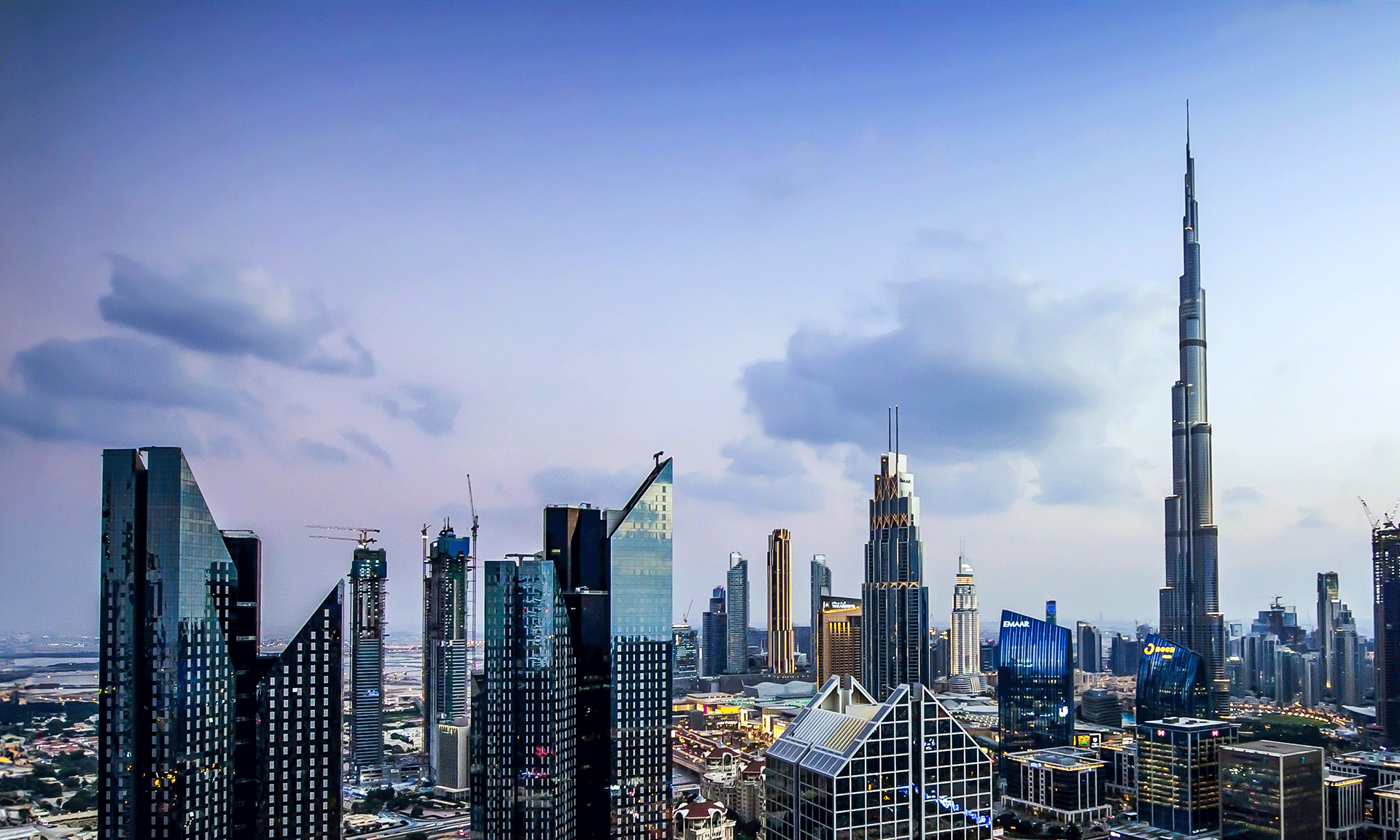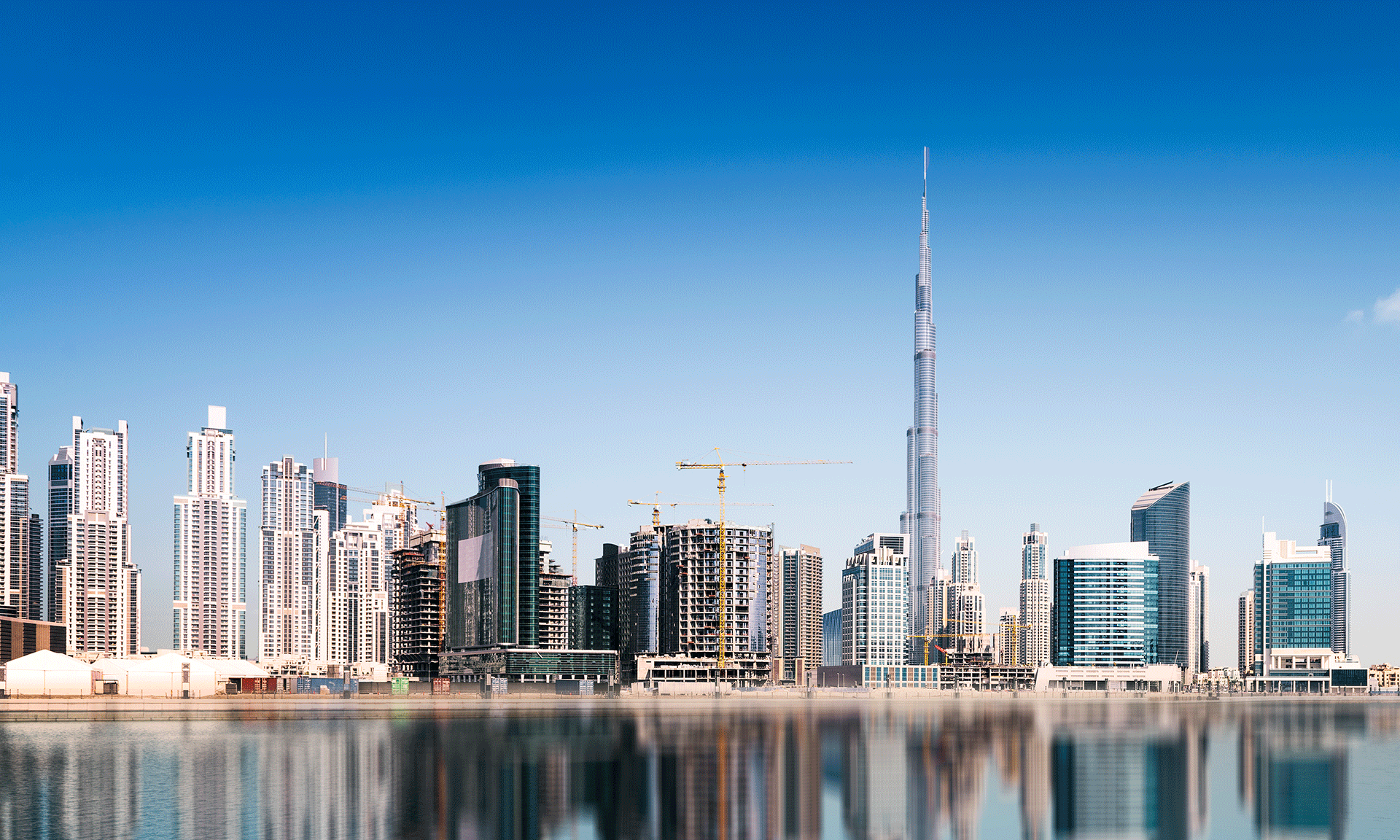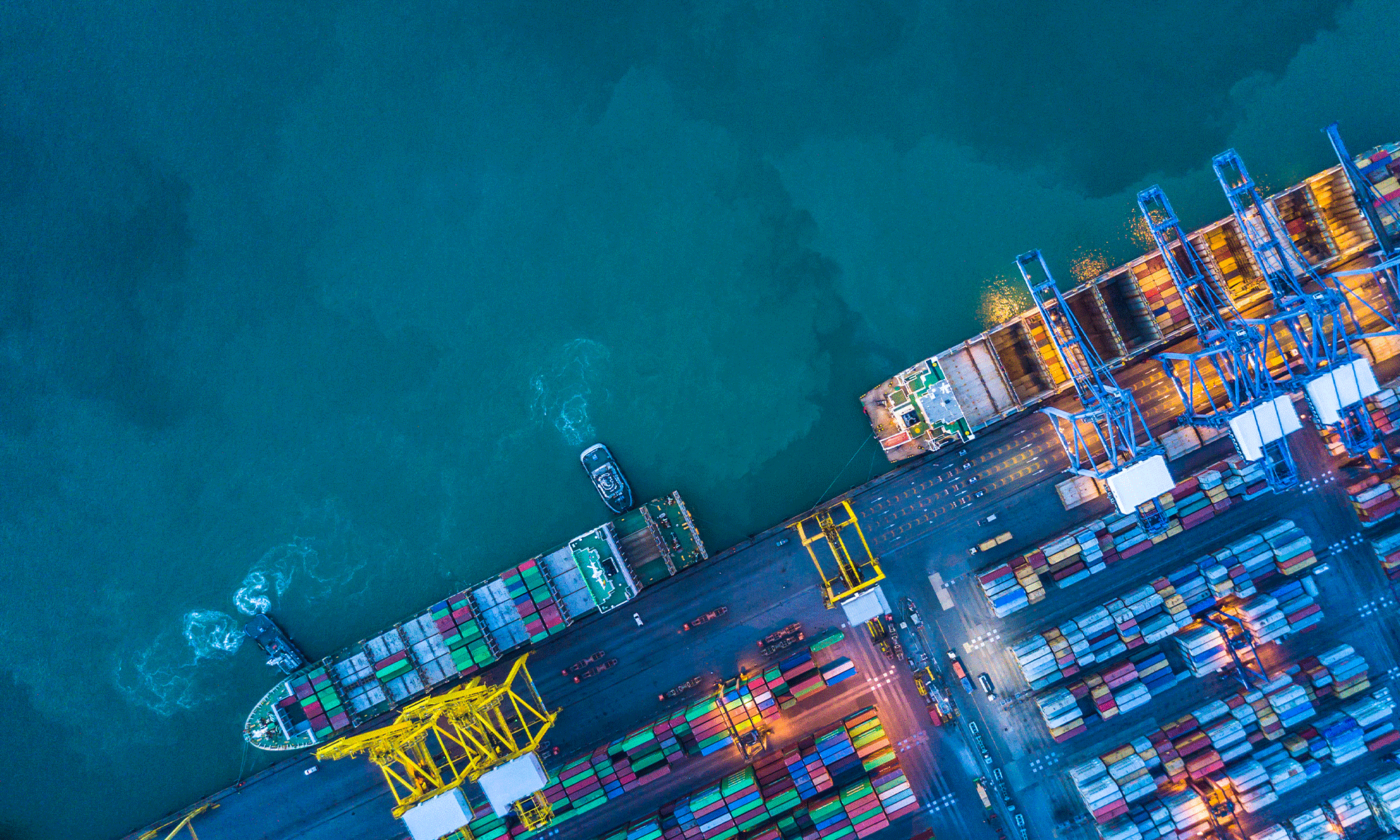The Comprehensive Economic Partnership Agreement signed between the UAE and India has officially completed three years. Signed in February 2022, the agreement has evolved into a significant economic framework that drives regional integration and growth in crucial sectors.
As the agreement completes its third year, it stands as a model of diplomacy and mutual ambition, encouraging the flow of investments. The CEPA has reshaped value chain strategies across the Gulf and South Asia across over the last three years.
Currently, organizations from India are seeking expert consultations for company formation in Dubai to capitalize on the favourable business environment.
Economic Alliance between the UAE and India Keeps Depending
After the CEPA came into existence, commercial activities between the UAE and India have picked up pace. Businesses have significantly benefited from liberalized tariffs and streamlined procedures. As per the GJEPC (Gem and Jewellery Export Promotion Council), bilateral trade between these two countries witnessed a sharp rise from US$20.88 billion to US$28.15 billion between FY2022 and FY2024, growing at a rate of 35%. This remarkable surge was achieved mainly due to the removal of trade barriers.
The CEPA also promoted high-value trade, particularly in the gem and jewelry segment. In just two years, India’s gem and jewelry exports to the UAE rose from US$4.95 billion to US$8.04 billion, marking a 60% increase. Currently, the UAE commands nearly a quarter of the overall exports from India in this category, surpassing Hong Kong as the second-largest destination market.
Companies in India are actively seeking professional solutions from business set up consultants in UAE to establish their presence in the country.
Growth in Jewelry and Precious Metals
Thanks to the CEPA, the jewelry and precious metal sector in India has witnessed significant growth. The trade agreement has granted Indian exporters duty-free access to the UAE market.
- Exports of plain gold witnessed over 2X growth, reaching US$4.24 billion in FY2024 at a rate of 127.6%.
- Exports of studded gold jewelry and lab-grown diamonds also showed upward trends.
- Exports of platinum jewelry soared by more than 820% from India.
Streamlining Imports and Investment Strategies
The CEPA has introduced the Tariff Rate Quota mechanism, which streamlines India’s gold imports. The TRQ allows gold from the UAE to be imported at a concessional duty of just 1% in India. In recent years, gold imports by India from the UAE witnessed a 126.8% surge.
This evolving trade environment presents long-term opportunities for investors in the UAE to participate in the expanding jewelry sector in India. Investments in Indian jewelry parks, refining facilities, and mega common facility centers (CFCs) are gaining momentum under the Make in India scheme. As a result, a mutually beneficial investment loop is taking shape between the two countries. Naturally, a larger number of Indian organizations are looking for company formation in Dubai to benefit from the tremendous opportunities.
Reach out to the Business Set Up Consultants in UAE
As CEPA progresses to its next phase, the potential for bilateral trade between the UAE and India is projected to cross $30 billion in the next five years. Interestingly, CEPA is also empowering micro, small, and medium enterprises (MSMEs), integrating them into the global supply chain. As a result, more jobs are being created, supporting industrial diversification in key manufacturing sectors.
As the trade environment looks favorable, it’s time for companies to seek professional support from established business set up consultants in UAE like the IMC Group. With a dedicated assistance from experienced advisors, organizations can grow their presence in the UAE with confidence.






























 IMC Group
IMC Group